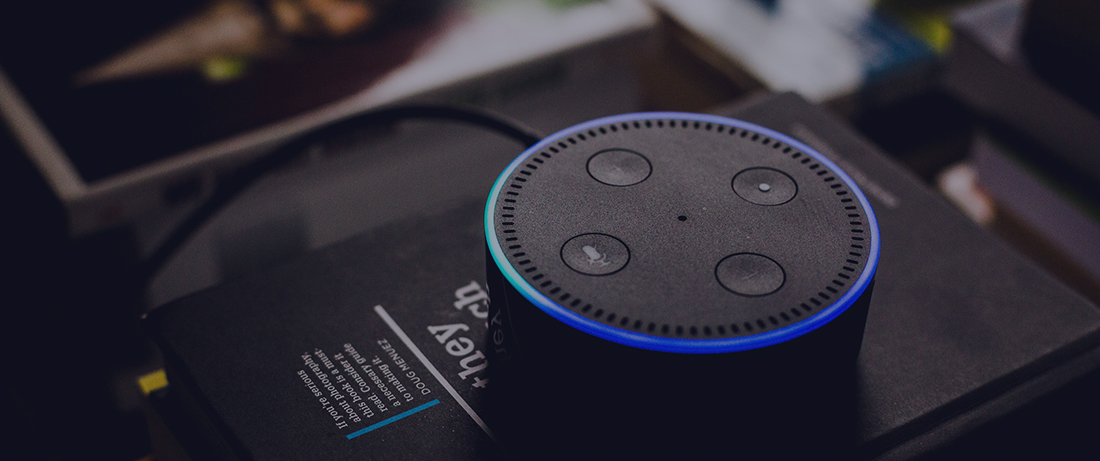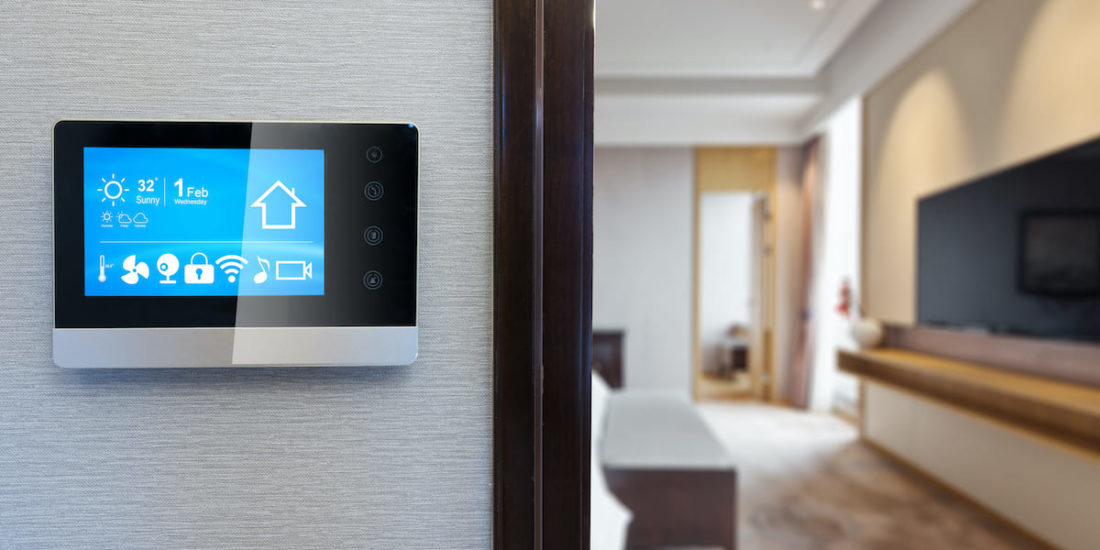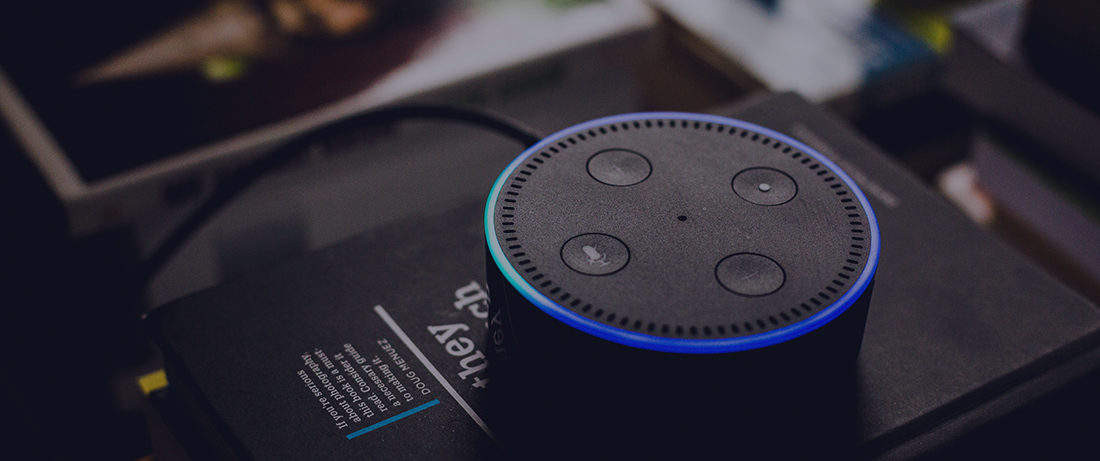
Smart-Home automated routines : Does it really save time?
It’s fun to get a wakeup alarm with your favorite news and forest deep nature sounds playing in the background. It’s fun to play with your smart speaker no matter what brand it is.
Google Home, Amazon Alexa, and Apple HomePod, the giants are already home.
Utility

Asking your smart speaker to turn off the light isn’t just easy, it’s efficient. Interestingly three tech giants are competing to give users a better experience with higher-end customization opportunities.
Amazon Alexa leads the game with Alexa skills, routines, several connections, and partnerships with third-party applications.
Google Home and Apple HomePod also have several features that make their smart speakers actually smart. Even though Siri isn’t as smart as Alexa or Google Assistant, the improvement is guaranteed considering the intense competition.
The ability to create automated routines makes every smart speaker stand out. Playing around with time, weather, location, and other parameters collected from the user will help smart speakers identify a situation and take action accordingly to give a personalized experience.
Turning on the lights when the user reaches home (with a condition similar to sunset or sunrise), asking questions anywhere in the room and getting a precise answer, playing music depending on your mood, and creating routines that trigger automatically based on a condition.
Smart speakers are definitely useful. If the question is whether or not they help us save time, the answer is yes. In fact, the smart speakers are not designed to save time, they are designed to make accessibility better, experience better and keep things moving without a hassle.
Privacy

Tech giants have shown immense interest in selling smart speakers. The drive has crossed boundaries for companies like Amazon where the device is being sold cheaper than the cost of manufacturing to capture the market.
Government authorities have put the head into the smart speaker practices to question privacy violations, data-protection, and anti-competitive practices.
The advantage is simple, Google Home, Amazon Alexa and even Apple Home Pod, every single smart speaker get better with user inputs. The power of machine learning and deep learning helps smart speakers learn from every user’s action and reaction to provide a personalized experience.
Companies gain revenue from the data they collect via smart speakers. The data is too much, and it has raised too many concerns as well.
The good thing is that the government is keeping an eye on the data, and the companies are run by trusted leaders. But when the smart speakers are making your life efficient, there is definitely a different data-privacy perspective attached to it.
Alexa, stop scaring me!





